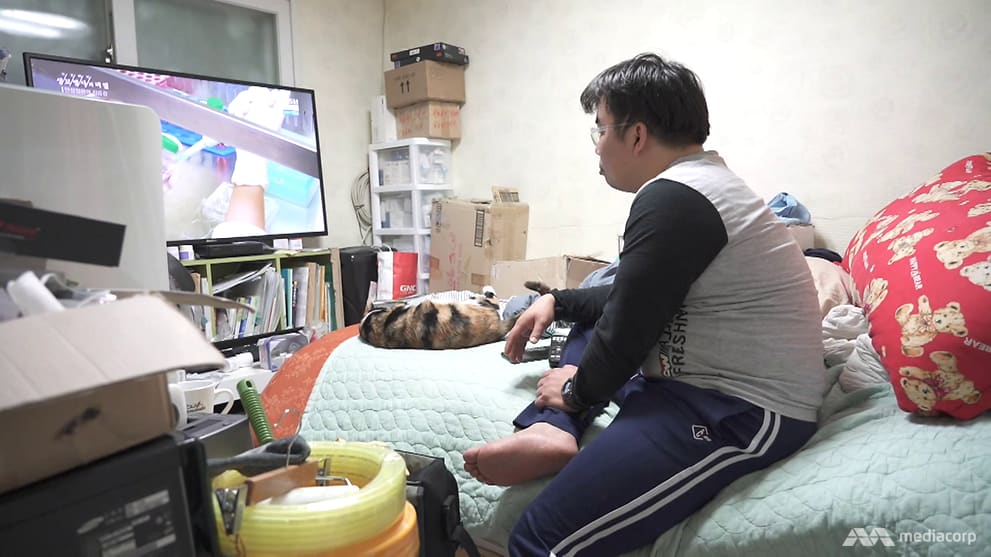
Rich, but household debt is growing: A time bomb for South Korea?
by Desmond NgSouth Korean households are piling up debt for various reasons, from overspending on credit cards to unemployment to gambling losses. The programme Undercover Asia looks at the causes — and the effects.
SEOUL: He was earning 620,000 won (S$710) a month, but Koo Young-gyu had four credit cards that gave him a combined monthly credit limit of 60 times that amount.
Flush with the extra liquidity, he went on an 18-month spending spree; he went on a trip to Jeju Island and splurged on things like shoes and a camcorder.
“I thought, ‘Let’s live this year in abundance,’” he said. “I felt uncomfortable when I spent like that. But it was hard to stop.”
He racked up nearly 87 million won of credit card debt in his late 20s and did not know how to get out of it. For almost a year, debt collectors harassed him.
“When my family found out about (my debts) in 2016, I thought I shouldn’t live any more because of the shame,” he said.
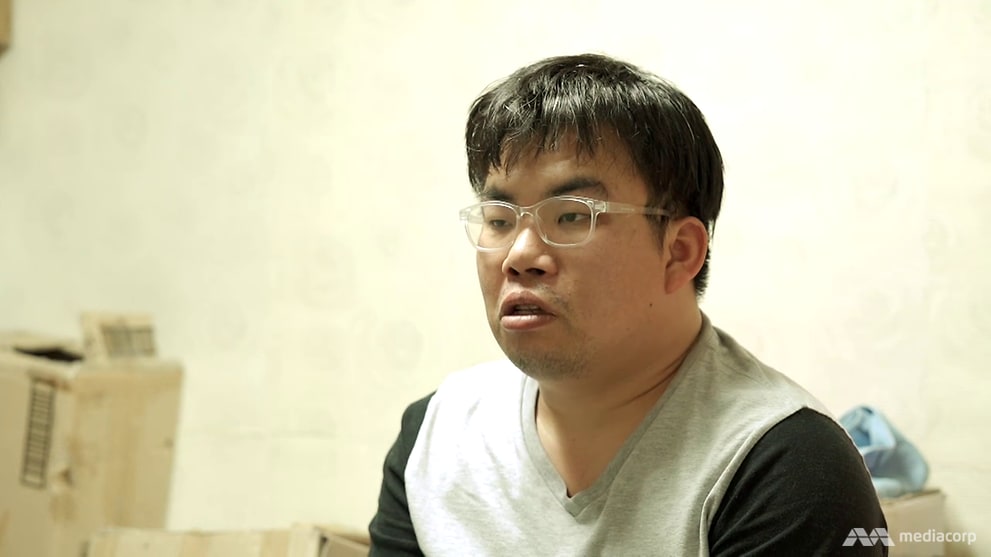
In despair, he attempted suicide three times — by cutting himself, overdosing on pills and poisoning himself with a potent mix of alcohol.
His failed suicide attempts are hardly the exception. Between 2014 and 2018, more than 800 people tried to kill themselves by jumping off the Mapo Bridge in Seoul.
Known as the “Bridge of Death”, it is one of the country’s most notorious suicide spots. The top reason for attempting suicide? Debt.
South Korea may be an economic powerhouse, with the fourth largest economy in Asia after China, Japan and India, but its households are up to their necks in debt.
The country has Asia’s highest household debt to GDP ratio, and it is driving people like Koo to desperate measures, the programme Undercover Asia finds out as it delves into the causes and the consequences. (Watch the episode here.)
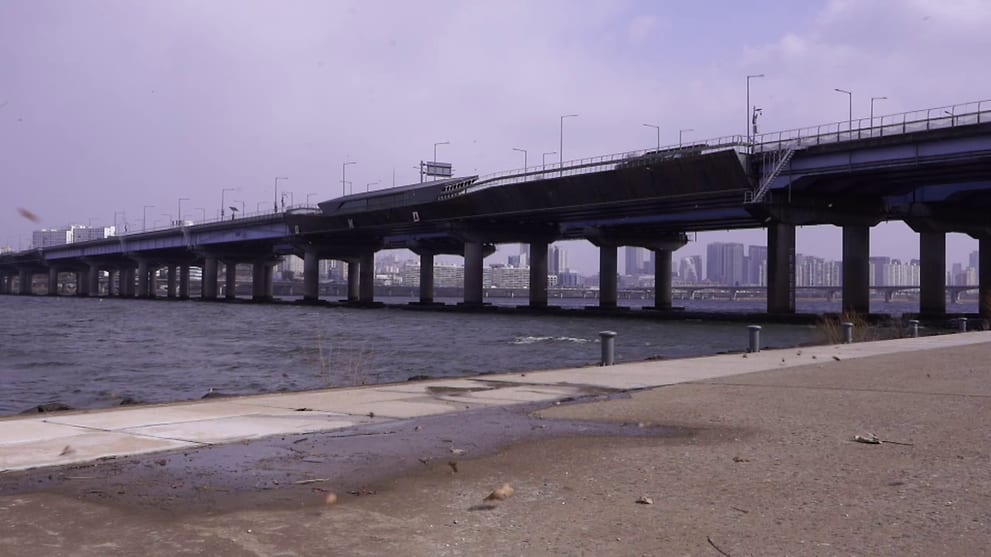
HOOKED ON PLASTIC
This year, South Korean households owe banks and other financial institutions some 1,611 trillion won. This debt, said Anwita Basu, head of Asia country risk research at Fitch Solutions, has risen “at a much faster rate” compared with household income.
“(This) suggests that people are taking on more debt in order to repay their original debt,” she added.
Household debt refers to student loans, car loans, home mortgages, small business loans and credit card debt.
A key contributor to the country’s high household debt is the reliance on credit card spending, which accounts for some 40 per cent of the country’s GDP, compared with 18 per cent in the United States.
The 1997 Asian Financial Crisis played a part in this credit boom when the South Korean government kick-started the economy by encouraging consumers to spend, including by giving tax breaks for credit card payments.
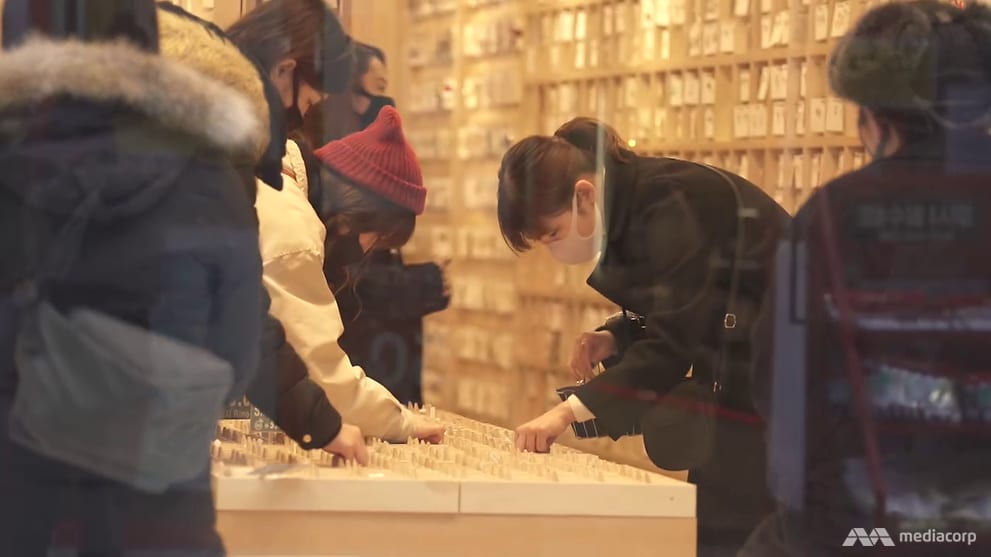
Over the years, the number of companies issuing cards grew, and they also loosened credit limits to entice cardholders.
Koo recalled that when he lost his job owing to a medical condition, he lied to the credit card companies about it.
“You can manipulate the documents to show that you’ve got a job,” he said. “Because I used to work, I could leave it as it was. I could give them the same information from my previous job.”
According to credit card issuers, an increasing number of people were defaulting on their payments last year because of a tight job market, stagnant income growth and a rising cost of living.
WATCH: Why South Koreans in their 20s and 30s are going bankrupt from debt (3:35)
KEB Hana Card’s default rate increased from 1.72 per cent in the first quarter of 2018 to 1.96 per cent in the same period last year.
The company set aside 164.4 billion won for possible customer defaults, nearly double the amount from a year earlier.
CAN’T GET A JOB
Some 134,000 people were declared bankrupt in South Korea in 2018. And the only group with a hike in bankruptcy rates were those in their 20s, many who were unable to secure jobs.
Hansung University economics professor Kim Sang-bong pointed out that some of these young people will “keep spending money for another year or two while they search for a job”, so they will “continue to owe money”.
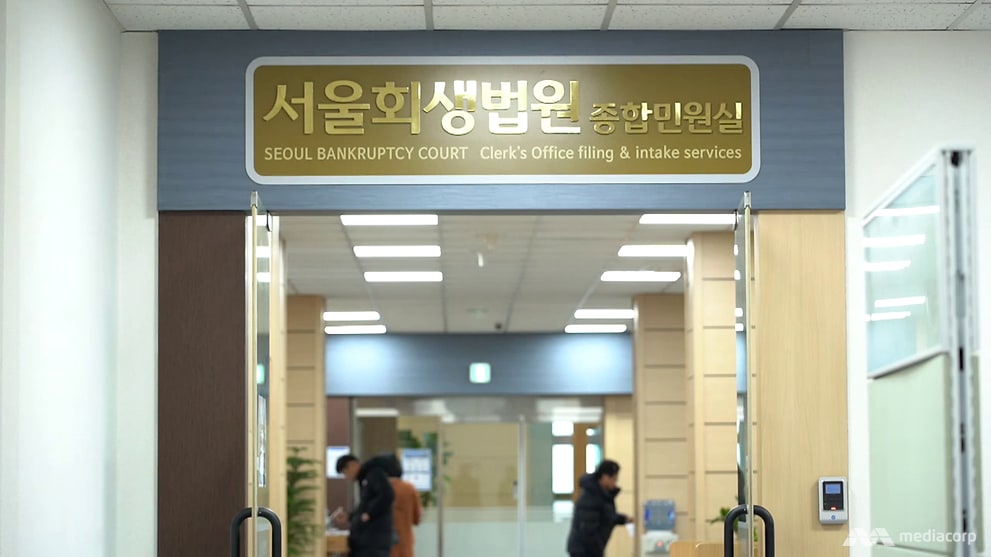
The country’s youth unemployment rate — among those aged 15 to 24 — was 10.5 per cent in 2018, according to the Organisation for Economic Cooperation and Development.
This was higher than the youth jobless rates in countries whose per capita GDP ranked behind South Korea, including Mexico (6.9 per cent) and the Czech Republic (6.7 per cent).
Some observers blame the minimum wage law for deterring small businesses from hiring inexperienced youths.
Kwon Do Hyeon is one of those who are struggling to find full-time employment. In the past year, since moving in with his sister, he has found two part-time jobs paying a total of 1,240,000 won a month.
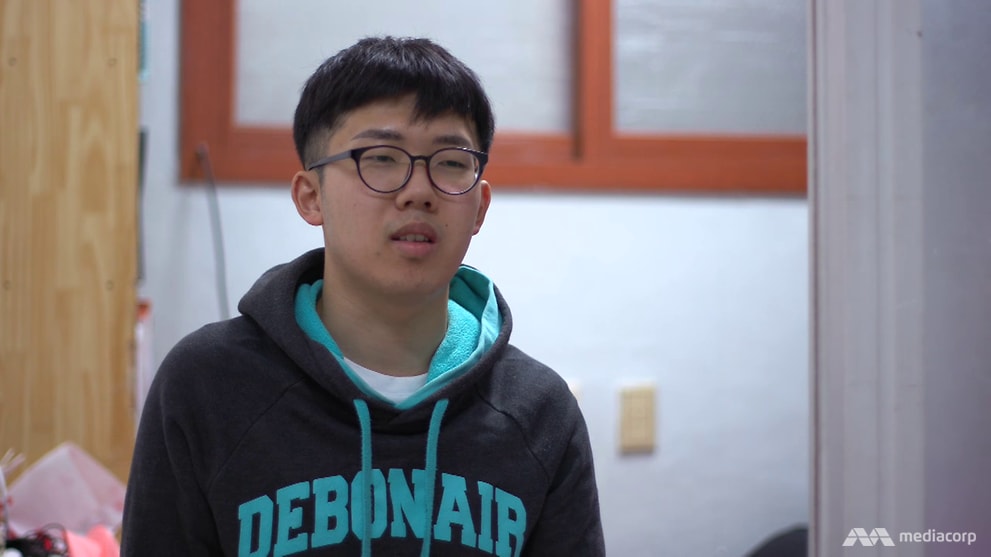
He “can’t save any money right now” because of his university loan payments, living expenses paid to his sister and money he owes his mother that he is repaying. “There's almost nothing left (to save),” he said.
GAMBLED IT AWAY
The main reason Kwon owes money to his mother is his gambling addiction, a habit that has led many young South Koreans into debt.
The number of teenagers treated for gambling addiction jumped sixfold from 168 in 2015 to 1,027 in 2018, with most of them gambling on illegal websites, according to the Korean Centre on Gambling Problems.
Kwon started when he was an undergraduate, with plenty of beginner’s luck — winning 41 million won even though he started with less than a million won.
“It’s all about luck. I was really lucky, but eventually the money (I won) disappeared,” he said.
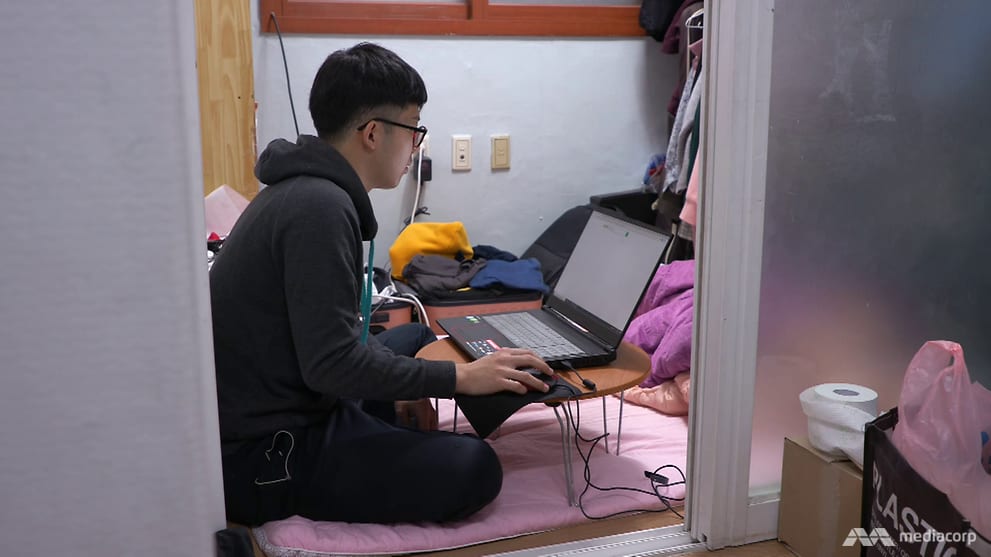
To fuel his addiction, he took out a Sunshine Loan, which is a government-supported microcredit scheme for low-income individuals. But in 10 days, he gambled it away — nearly 15 million won.
His parents stepped in and lent him close to 25 million won to repay his debts. But after he used their mobile phone accounts to pay for some microloans, he was chased out of the house.
“It was difficult. I couldn’t shower … I was always tired, I had no money and I was constantly hungry,” said Kwon.
Debt counsellor Kim Min-chul said there are many platforms, like online forums and messaging apps, used by loan sharks to target young victims such as Kwon, with staggering interest rates.
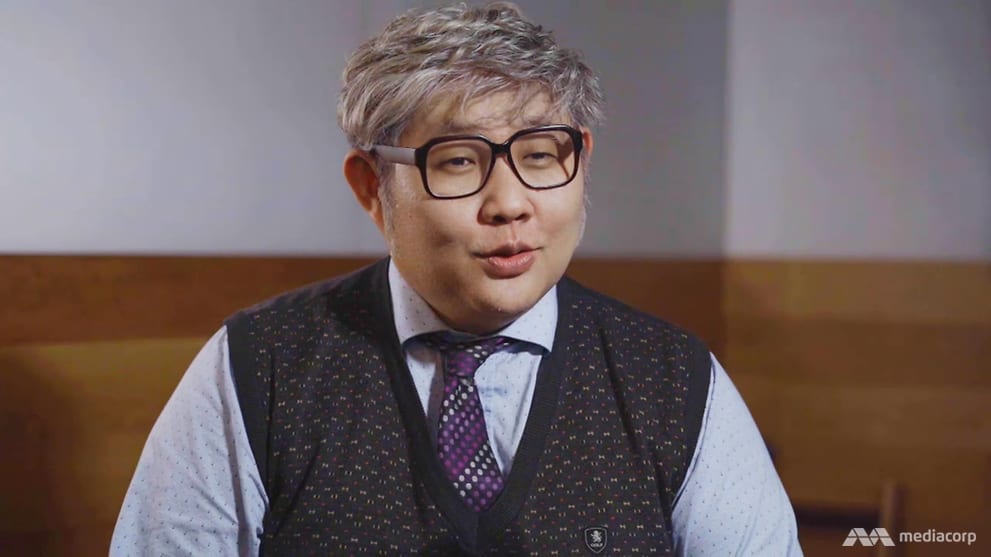
More than 400,000 South Koreans are reported to be using loan sharks, and the estimated lending by loan sharks in 2018 was 7.1 trillion won.
REJECTED BY BANKS
Another group drowning in debt are self-employed business owners, who make up a quarter of South Korea’s workforce. Many are cash-strapped but are unable to get bank loans because of their average-to-poor credit scores.
They end up borrowing money from private moneylenders with high interest rates. Take, for example, Yoon Jin-sik, who needed extra funds less than a year after he opened a snack shop.
He borrowed 16 million won from private moneylenders at interest rates of around 28 per cent, and used the money to experiment with new food trends. But his losses continued.
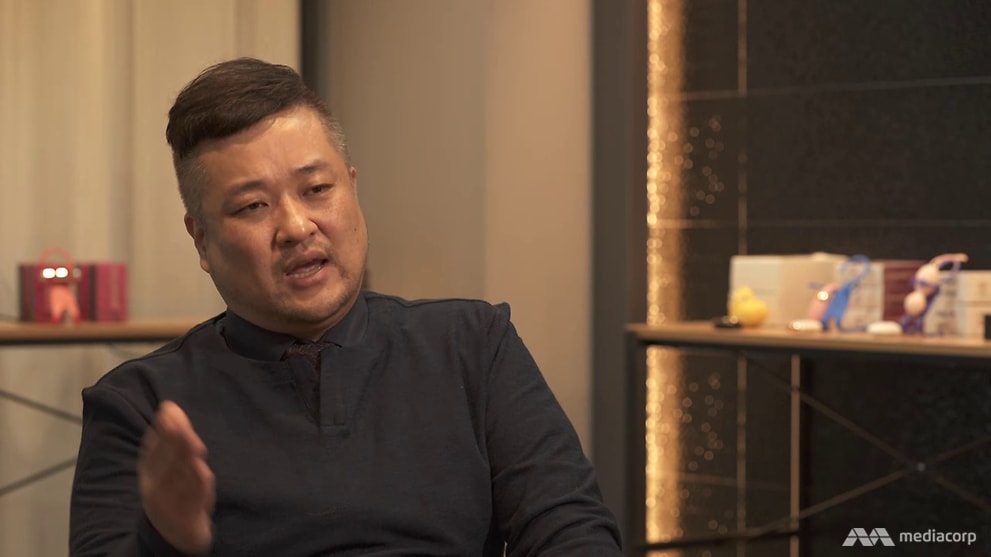
So he turned to his friends to haul him out of debt before he went to a loan shark in desperation.
“I can't care about interest rates when I’m urgently in need of money. Forty per cent interest is fine as long as I can get the money,” he said.
He borrowed close to 19 million won but had to pay back nearly 45 million won in interest. His food business lasted four years, two years longer than the average.
Last year, almost half of South Korea’s small and medium enterprises did not earn enough to cover their interest payments.
Making things worse is the property bubble fuelled by low interest rates and relaxed mortgage lending rules. It has led to higher rents and forced evictions of some small business owners, such as Yoon Kyung-ja.
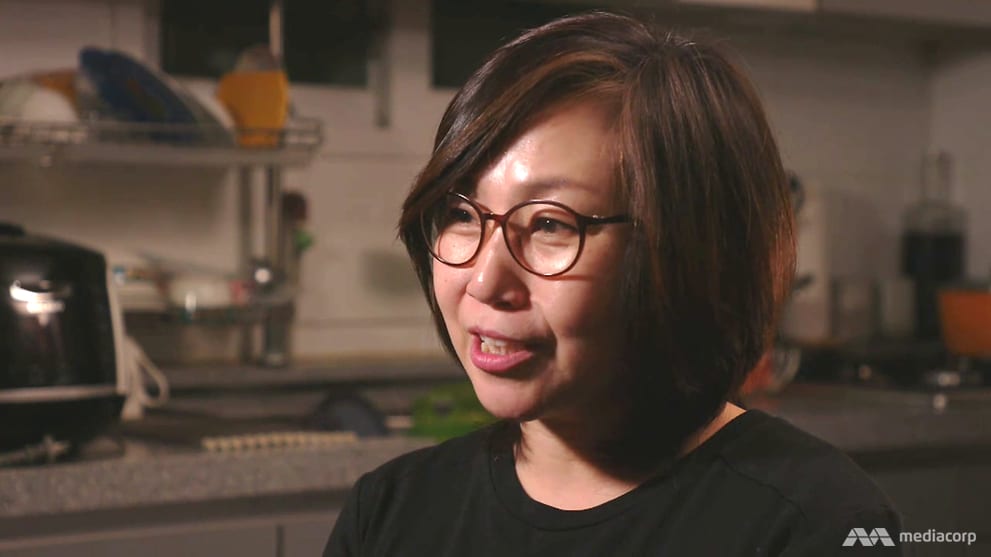
She and her husband were running a pig trotter business in Seoul for four years when a new landlord wanted to quadruple the rent.
The couple refused to pay the increased rent or move out, as they had just taken out a 37-million-won loan to renovate their shop.
“The shop was our everything … We had to continue earning money there to support the education of our children,” said Yoon. “Our lives were completely dependent on the shop.”
The situation escalated when her husband assaulted the landlord and was sentenced to two years in jail.
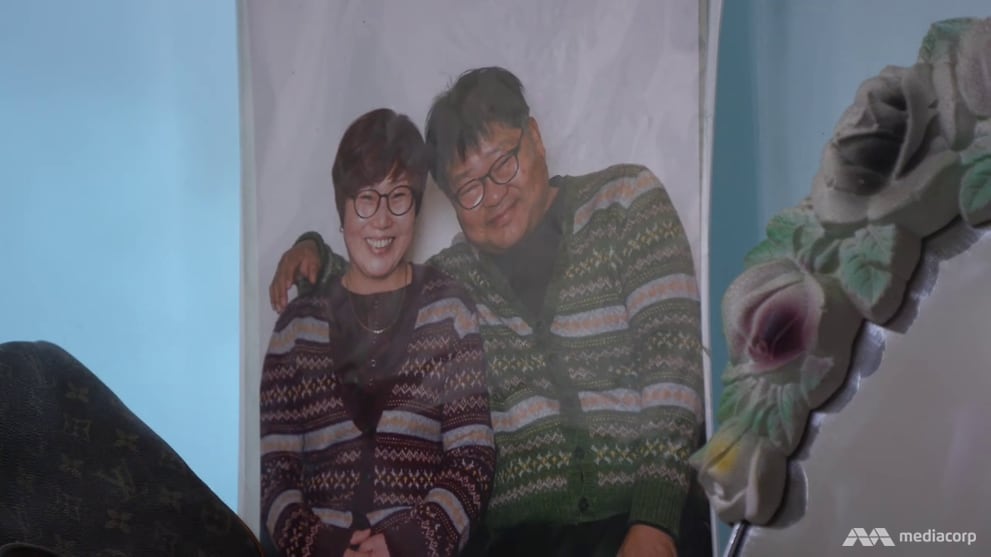
While the family was embroiled in the court case, their renovation debt and interest payments swelled, and along with their legal fees, they owe 124 million won.
Their business was forced to close, and they can no longer make their loan payments.
DECLARING BANKRUPTCY A SOLUTION
To rein in household debt, the government ramped up efforts to deflate the real estate bubble last year. It tightened home loan regulations, raised property taxes and banned fresh mortgages on homes worth more than 1.5 billion won.
To cut the debt burden on the self-employed, the government has also lowered the maximum legal lending rate to 24 per cent and worked with banks to expand the supply of affordable mid-rate loans.
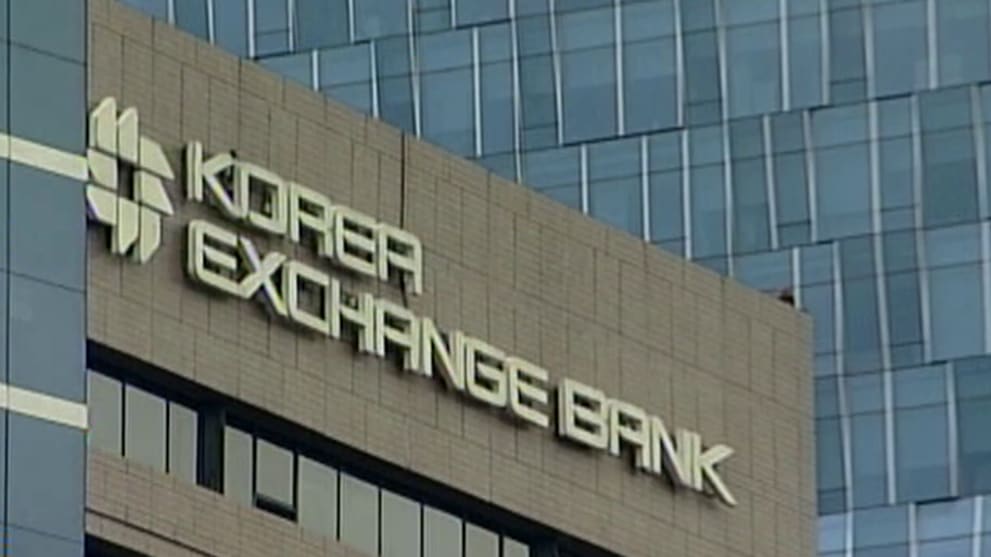
For Yoon, there is one solution she could have turned to had her husband not been a convicted felon: Bankruptcy.
It is a scheme Koo is making the most of to get a fresh start in life. He filed for bankruptcy in 2018, and his debt was discharged.
But his record as a bankrupt means that for five years, he will find it next to impossible to get any kind of legal loan.
He found part-time work at a convenience store. But like many small businesses, that store has been hit by the COVID-19 pandemic, and he was out of work last month.
The economic fallout from this outbreak could be the last straw that tips South Korea’s household debt over the edge.
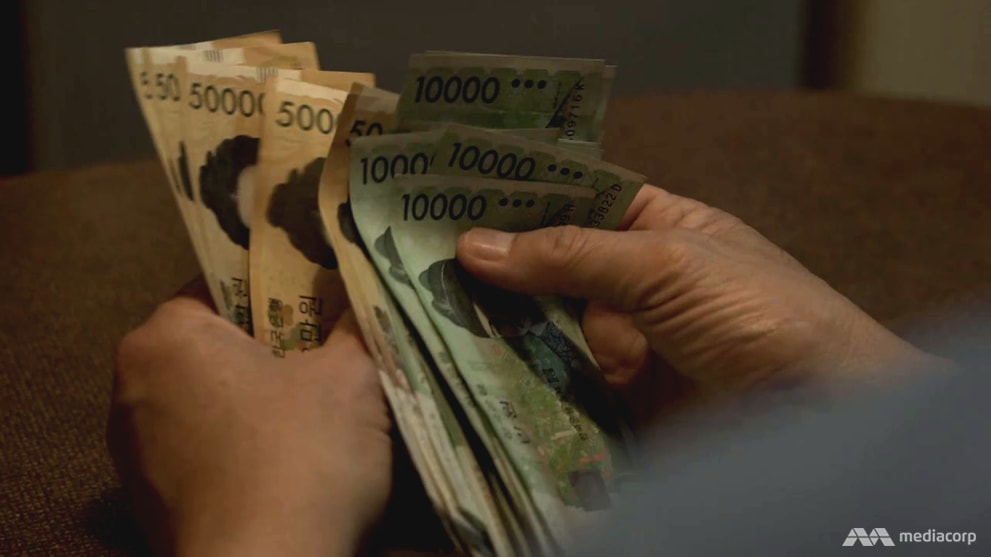
The government, said Basu, will be focusing on stimulating growth and keeping the country out of a prolonged recession, instead of pushing policies that would “tighten credit or tighten loans effectively to households”.
“You’ll probably see a lot of households reneging on debt because of the COVID-19 impact,” she said.
Watch this episode of Undercover Asia here.